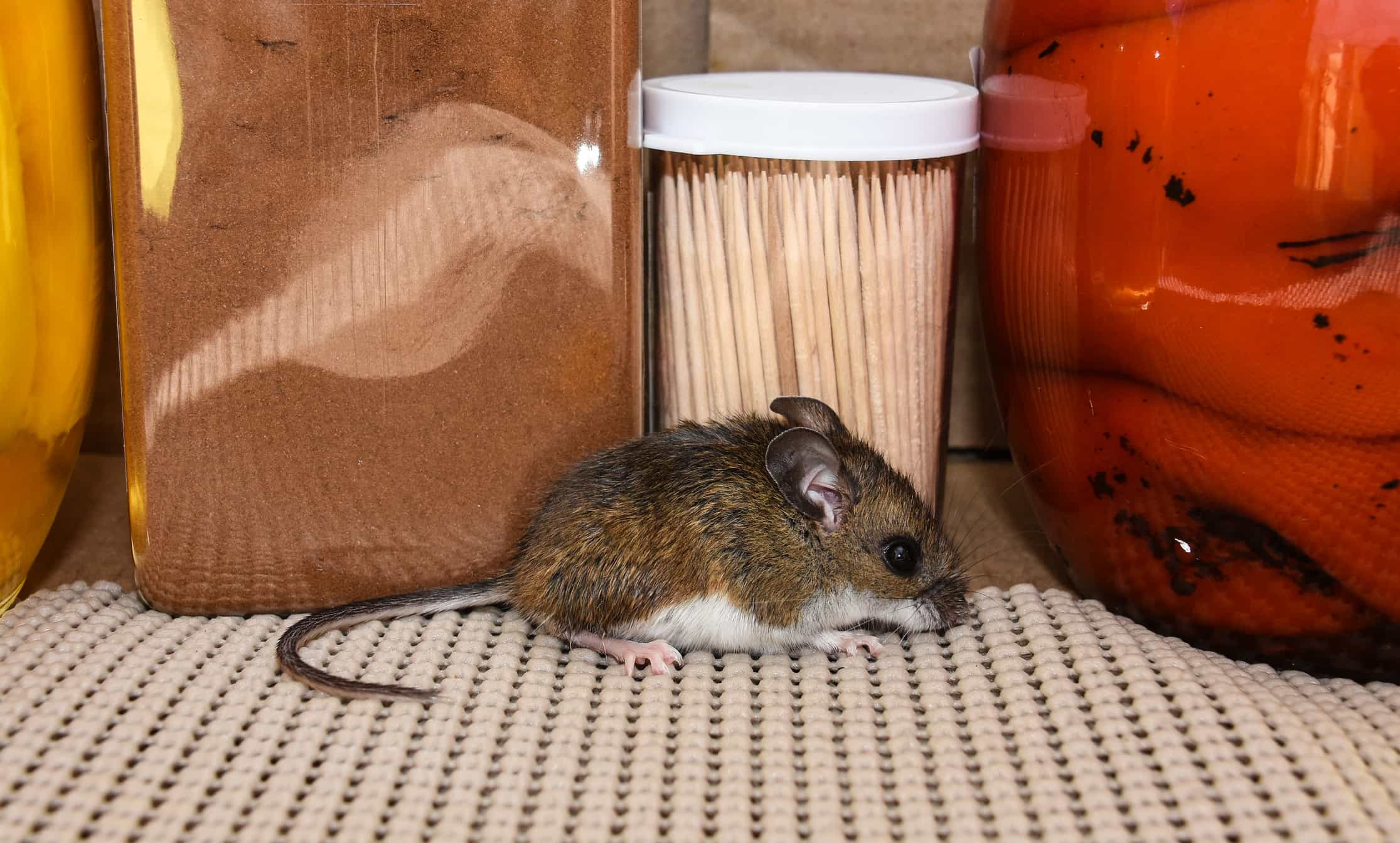
EvolvTM is a non-lethal contraceptive bait for mice and rats that uses cottonseed oil as its active ingredient. Cottonseed oil disrupts hormone production, reducing fertility in both male and female rodents. Over time, this leads to a decline in rodent populations without relying on traditional poisons. EvolvTM is designed for long-term population control, making it a safer alternative in sensitive environments.
Highly Attractive to Rodents
Rodents are naturally drawn to high-fat, high-calorie foods, making EvolvTM an irresistible option for them. The bait is specially designed to be palatable and enticing, ensuring that mice and rats consume enough to effectively reduce their fertility. Unlike traditional poisons, which can sometimes be avoided due to bait shyness, EvolvTM encourages repeated consumption, making it a reliable long-term solution.
The Rapid Multiplication of Rodents
Mice and rats reproduce at an astonishing rate. A single pair of mice can produce up to 60 offspring per year, and rats can have up to 12 litters annually, with each litter containing as many as 14 pups. Left uncontrolled, rodent populations can explode, leading to increased damage to property, contamination of food supplies, and the spread of diseases.
Population Control Through Contraception
By interrupting the reproductive cycle, EvolvTM prevents rodent populations from growing unchecked. This leads to a steady and significant decline in overall rodent numbers, reducing the need for constant trapping or poisoning. As fewer rodents are born, the associated problems—such as property damage, disease transmission, and food contamination—are dramatically minimized.
A Safer Alternative for the Environment and Wildlife
EvolvTM is an extremely safe solution for rodent control. Unlike traditional rodenticides, which pose risks to pets, birds of prey, and other wildlife through secondary poisoning, EvolvTM contains no toxic chemicals harmful to non-target species. Its active ingredient, cottonseed oil, is a naturally occurring substance that affects only the rodents that consume it.
Because of its safety and effectiveness, EvolvTM is used in zoos worldwide, where protecting wildlife is a top priority. It provides an ethical and sustainable way to manage rodent populations without harming other animals in the ecosystem.
Conclusion
EvolvTM offers a highly palatable, non-toxic, and effective way to control rodent populations by stopping reproduction at the source. By leveraging a rodent’s natural attraction to fatty foods and using a safe, natural fertility inhibitor, it helps prevent infestations without the risks associated with traditional rodenticides. Whether used in homes, businesses, or sensitive environments like zoos, EvolvTM provides a humane, long-term solution to rodent-related problems.
